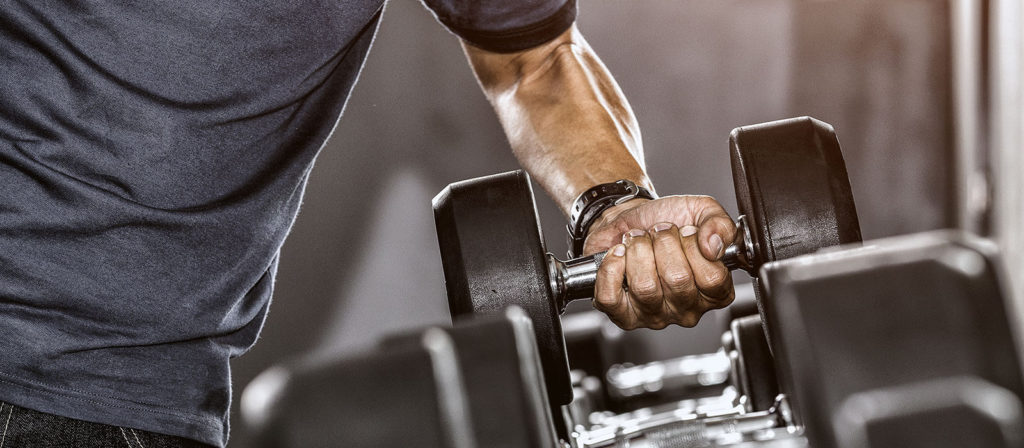Fitness goals commonly focus on eating higher-quality foods and burning the resulting energy with more effective exercise. But sleeping often and well enough to recover from that physical activity is just as important if you want to reach optimum levels of health and fitness.
Your deepest levels of sleep are when your body repairs muscle tissues. If you aren’t sleeping enough, then you aren’t giving your body the time it needs to recover. That can hinder your results and increase your risks of injury while exercising.
And if you can’t burn the energy you consume, then you’re more likely to experience unwanted weight gain. That weight gain can be exacerbated by the fact that, when you consistently lack quality sleep, you become more insulin-resistant. And as your body produces more insulin to accommodate this resistance, you’re more likely to gain weight.
Even if you only lose a single night of sleep, your workout could suffer the next day. A review funded by the Brazilian Association of Sleep highlights how sleep loss lowers your body’s “capacity for performance and access to energetic resources.” In short, no sleep means no stamina and no motivation. Without either of these, you’ll always be just short of reaching your goals.
Make Quality Sleep Part of Your Routine
Almost all of your body’s processes — from digestion to hormone production and beyond — are regulated by your circadian rhythm. This rhythm is largely dependent on your sleep routine. Aside from the effects mentioned above, keeping your body on beat with this rhythm is critical to optimizing all of its vital functions.
If you find your sleep quality lacking, here are five ways to improve it and keep your circadian rhythm going strong:
1 Seek out light in the morning.
Our circadian cycles are not exactly 24 hours long. Therefore, we have to reset those cycles every day to stay in sync with the external world. In the morning, the easiest way to tell your body it’s time to wake up is to throw open the shades and soak in the sunlight. If that’s not enough, try taking a brief walk or enjoying a cup of coffee outside before starting your day.
2 Avoid technology at night.
Getting a healthy dose of sunlight is the best way to wake your body up — and the opposite is true when it’s time to wind down. In the absence of sunlight, smartphones, TVs, and computer screens can keep you awake. If you can, avoid your screens before bedtime so you can properly wind down. If you can’t, then use the nightlight option available on most modern devices that inhibits blue light emission.
3 Don’t bog your body down.
While you’re awake, be sure to stick to a healthy meal plan that ensures you’re getting only high-quality nutrients. However, avoid eating too late and forcing your body into digestion mode when it should be resting. Eating a carbohydrate-laden or sugar-heavy snack before bed can also cause your blood sugar to dip in the middle of the night, interrupting your sleep. If you need help ensuring you’re getting the best-quality foods, consider a meal delivery service.
4 Make it a point to burn energy.
Your exercise routine is another essential key to a healthy circadian rhythm. Sure, spending every day consuming quality nutrients is ideal, but you need to burn that energy so your body can take time to rest. In addition to eating high-quality foods that improve your energy, develop a workout routine that fits easily into your schedule and lifestyle so you’ll be more likely to stick with it for the long haul.
5 Set aside time to relax.
Once you’ve got your diet and workouts under control, it’s time to work on alleviating stress and anxiety. If you’re too stressed or anxious, your body could start producing hormones such as cortisol in excess, making it difficult for your body to relax. Make sure you’re taking time to put your mind at ease before you sleep. Try meditating, listening to soft music, or reading a book in low light to start.
While the most obvious consequence of poor sleep might be feeling too tired to exercise the next day, it’s not the most critical. Even if you find the strength to power through your workout, your body won’t be able to operate as efficiently on low sleep, and your results won’t be as satisfying. Want to fully realize your health and fitness goals? Use these tips to get the rest you need to make them happen.










